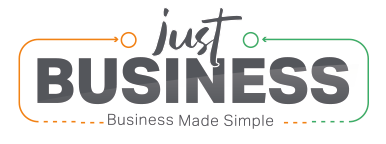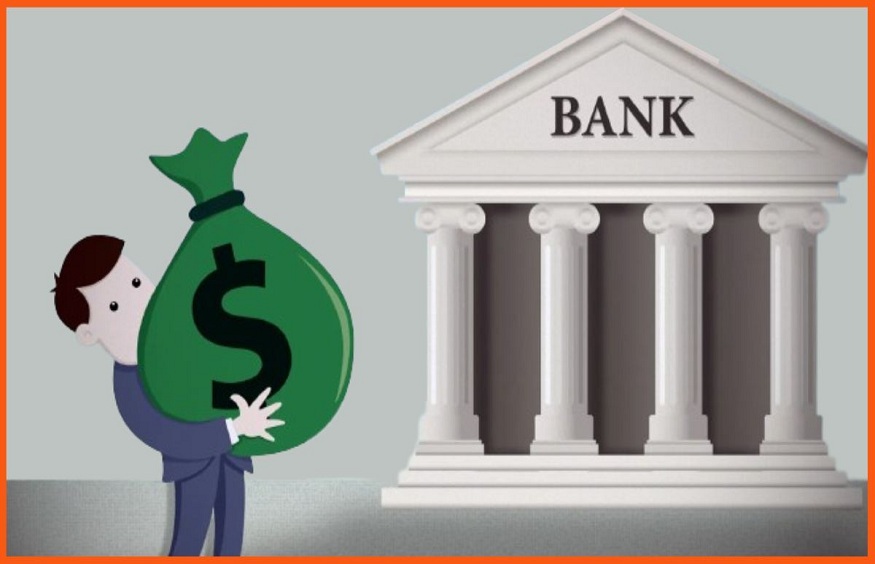The washing machine, the television, the mobile phone… and the bank account. These 4 goods and services have one thing in common: all French households, or almost, are equipped with them . In 2021, according to INSEE, 98% of households had at least one bank account (1) . Nothing surprising in this: without a bank account, it is very difficult today to receive a salary , allowances or social assistance. But also to pay bills or subscriptions.
What is a “current account”?
This account that we use every day, which makes it possible to pay and to be paid, is what is colloquially called the current account . However, from a strict legal point of view, it is more precisely a “deposit account” . The current account also exists, but designates another type of account, rather used by professionals.
The account used on a daily basis to pay and be paid is also sometimes called a “chequing account” , a terminology that refers to the time, before the 2000s, when this means of payment was hegemonic.
How to open a checking account?
This agreement is likely to evolve, for example in the event of modification of the tariffs. In this case, the bank has the obligation to warn you at least 2 months before the date of application . If this modification does not suit you, you then have the option of terminating the agreement, and therefore renouncing the account.
What can I do with my current account?
A deposit account is primarily useful for paying and getting paid . When it opens, the bank gives you a bank account statement (RIB) . In particular, there is an IBAN, a unique identifier allowing the account to be designated, and a BIC code, which designates the bank.
Your bank account also allows you to issue SEPA , classic or instant transfers . If you wish, but without obligation, it can finally be debited using means of payment such as bank card (generally paying) or check (free) .
Is there a limit for the current account?
Certain large deposits, especially if they are unusual or made in cash, may trigger suspicion on the part of the bank, which has an obligation to monitor the accounts, in
Remember that the money deposited is only protected up to 100,000 euros per customer and per bank by the deposit guarantee scheme . If your assets exceed this amount, it is therefore better to distribute them in several banks: you can indeed have as many current accounts as you wish .
Remuneration of deposits made on current accounts has never been the norm in France. The practice was even banned for a long time, until 2005 and a judgment by the Court of Justice of the European Union which legalized the practice in France.
Few, however, are the banks to have taken advantage of this possibility. As of December 1, 2022, no bank offers this service when opening a new account.
How do I close my bank account?
Do you want to change banks ? You have the option of closing your bank account whenever you want, without notice. Please note, however: before paying off your account, be sure to transfer your recurring transactions to a new account and wait until all your payments, by credit card or check, have been debited.
All you have to do is request the closure of the account by registered mail with acknowledgment of receipt. Once this letter has been received, the bank has 30 days to complete the closure.
You can also use the banking mobility assistance system . In this case, it is your new bank which takes care, with your agreement, of the transfer of the operations and, if you wish it, of the closure of the account.
Can my bank close my current account on its own initiative?
The answer is yes. In short, a bank has the right to choose its customers, unless it is designated as part of the right to an account. This possibility is systematically provided for in the general conditions of the account agreement.
The bank does not have to justify its decision. On the other hand, it must respect a legal period of notice of 2 months before executing. If you have paid certain costs in advance (for example the annual fee for your credit card), it has the obligation to reimburse you, on a pro rata basis, for the period not used.
There is a scenario where the bank can close a bank account without respecting the 2-month deadline: in the event of “seriously reprehensible behavior” by the customer.

